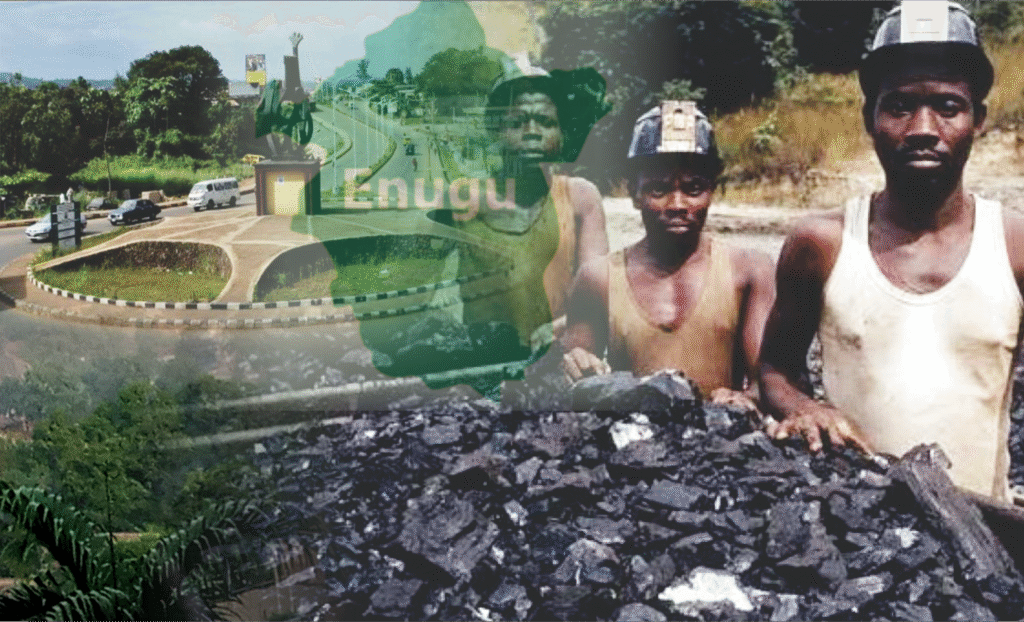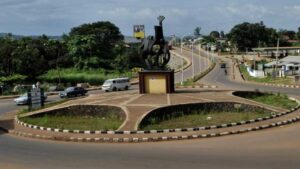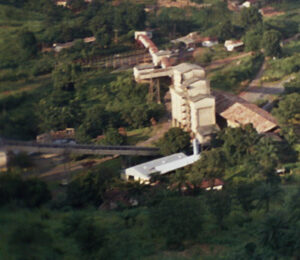1949 Iva Valley Coal Miners’ Massacre In Enugu State, Nigeria: Court Sets January 29, 2026, for Ruling on Compensation Suit

The Enugu State High Court has fixed January 29, 2026, to deliver its ruling on a landmark compensation case filed on behalf of the victims and families of the 1949 Iva Valley coal miners’ massacre. An incident that remains one of the darkest chapters in Nigeria’s colonial history.
Presiding judge Justice A.O. Onovo announced the date after hearing arguments from counsel representing the victims, the Federal Government, and other respondents. The case, filed by the victims’ families, seeks official apology and compensation for the 21 coal miners killed when colonial police opened fire on unarmed workers protesting poor wages and harsh labor conditions. A legal battle for justice of over 76years historical event.

![]()
At resumed hearing on Tuesday, the lead counsel to the applicants, Prof. Yemi Akinseye-George (SAN), argued that the case transcends mere historical grievance. He said it embodies a constitutional demand for justice and recognition of human dignity. According to him, “The court is duty-bound to protect the miners’ right to life. They were gruesomely shot while peacefully asking for their due wages.” Akinseye-George urged the Nigerian government to liaise with the British authorities to secure compensation for the victims’ descendants, asserting that Nigeria has a constitutional and moral obligation to seek redress from its former colonial rulers.
![]()
![]()

The Federal Government’s counsel, Mr. M.N. Chude, countered by challenging the court’s jurisdiction, argued that it was the colonial government that was responsible for the killings, not the present day Nigerian government. He said in affirmation – “the Federal Government cannot be held liable for a breach committed under British colonial rule”. From now, away from the courtroom, deep family and cultural scars crest much more vividly on the fabric of Nigeria.
Many in Enugu and across Nigeria, would see this case, not as a legal contest but a struggle for recognition and closure. Families of the slain miners have lived for generations with emotional wounds and economic hardship. The massacre, which occurred on November 18, 1949, decimated breadwinners and disrupted the social fabric of mining communities that once fueled colonial industry.
Historians and cultural advocates say the outcome of this case could mark a turning point in how Nigeria confronts colonial-era injustices. Outside the compensation narrative, they argue that it raises questions about the value of indigenous lives during the colonial period and the ongoing legacy of economic exploitation. What you might call political and economic after-effects.
The political-sheath highlights renewed calls for historical accountability and reparations within former British colonies. It also places the Nigerian government in a delicate diplomatic position, caught between defending state sovereignty and responding to growing demands for restorative justice.

Economically, the coal industry that once represented colonial extraction has long collapsed, but the scars remain. The Iva Valley tragedy continues to influence labor movements, industrial relations and public memory in Nigeria’s southeast, where mining once powered livelihoods. A social memory and a gear towards national healing of a region.
Seventy-six years plus after the massacre, the miners’ descendants still gather to commemorate their loved ones. A lot of them believe justice is not only about money but about acknowledgment and dignity. Civil society groups have also urged that the site of the killings be turned into a national heritage memorial, to educate future generations about the cost of labor exploitation and the struggle for workers’ rights.
As the Enugu High Court prepares to rule next January, Nigerians and the global community will be watching closely. Whatever the outcome will be, the case has already rekindled a necessary conversation about memory, justice and the unfinished business of decolonization.






